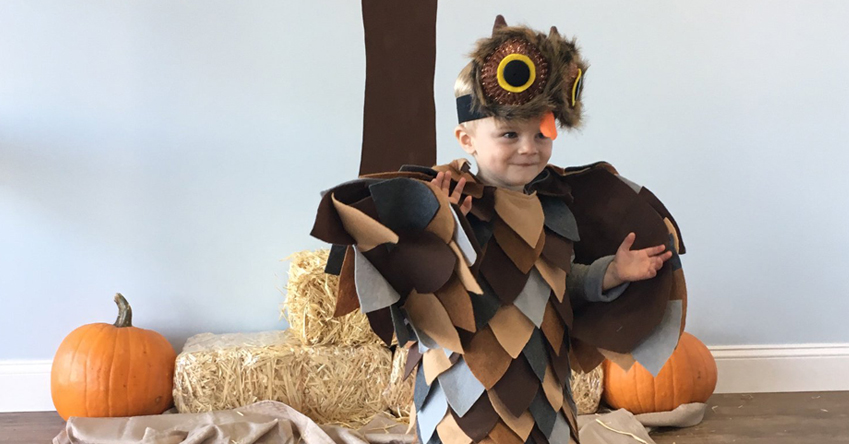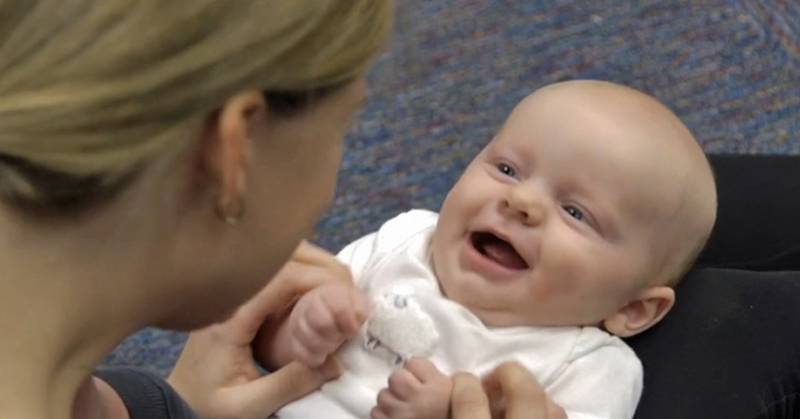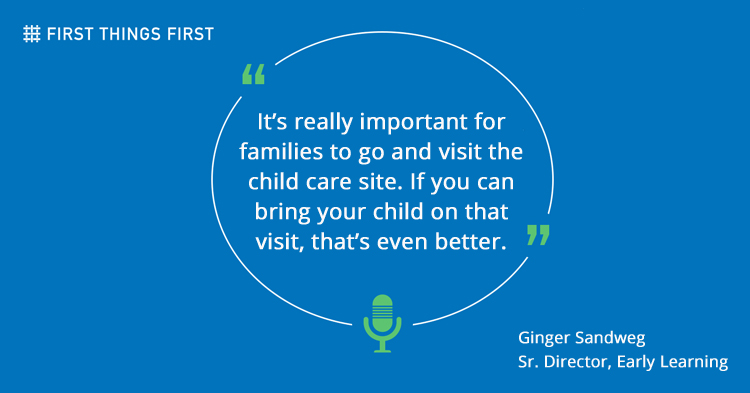
Make-believe play is part of everyone’s early childhood. For me, it was my brothers and I pretending to be in the circus. We took turns performing as balancing bears or acrobats for our crowd of stuffed animals, and there was always a discussion of who got to be the ringleader.
In addition to being fun and creating lasting memories, pretend play has an important role in a young child’s healthy development. It allows kids to learn through action, think creatively and work together.
- Social and emotional skills, including empathy, are developed as a child learns to walk in someone else’s shoes.
- Critical thinking comes into play as children act and react to the story they’re creating.
- They can also develop their language and communications skills.
All kids develop at different rates, but they usually start to engage in imaginative play at around the age 3. The positive effects can last a lifetime, so encourage your child to pretend and join in on the action. Have fun and follow their lead – let them be the ringleader.
Nicoletta Kennedy is a communications coordinator at First Things First. Reach her at nkennedy@firstthingsfirst.org









